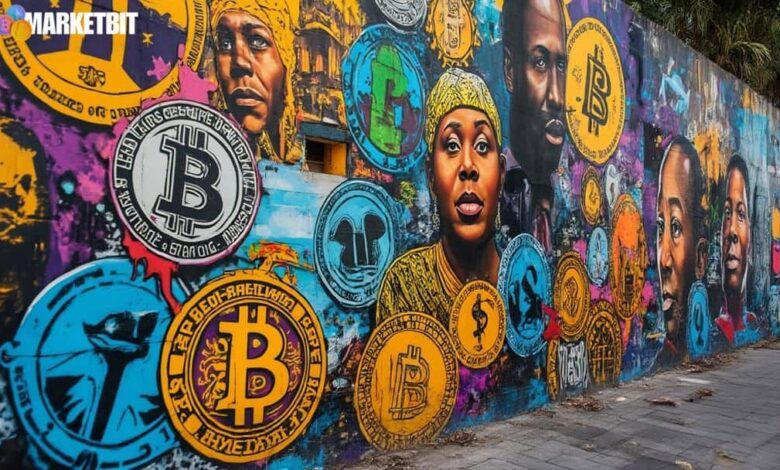African Nations Accelerate Crypto Legislation in 2025

- New crypto laws focus on adoption, investor protection, and AML.
- Significant regulatory updates led by central banks and authorities.
- Increased investor confidence and regional fintech growth expected.
Countries across Africa, including South Africa, Ghana, and Nigeria, are introducing crypto regulations in 2025 to enhance adoption, protect investors, and combat money laundering.
These regulations signify a crucial step in fostering safer blockchain activities and facilitating regional fintech collaboration, aiding in increasing foreign investment and market participation.
Main Content
Lede
African nations are finalizing crypto laws in 2025 focused on balancing adoption, investor protection, and anti-money laundering protocols. The initiative is led by central banks and financial authorities, aiming to regulate cryptocurrencies effectively.
Nut Graph
The new regulations are anticipated to foster foreign investment and regional cooperation within the fintech sector. By providing regulatory clarity, these changes aim to boost fintech growth across the continent.
Market impacts include anticipated expansion in exchanges and wallet services, leading to increased transaction volumes. South Africa forecasts an 8% sector growth by 2028 as part of this expansion.
Regulatory Changes
Countries like Botswana, Nigeria, and Rwanda are also part of the regulatory changes. Botswana enforces its Virtual Assets Act, with Yellow Card Botswana as the sole licensed VASP.
The regulatory environment targets both BTC and ETH, major cryptocurrencies with much of the legislative focus. As countries like Tanzania revise their stance, notably by taxing digital asset transactions, the market participation and investor confidence are expected to grow.
“That bill is on its way to parliament. Hopefully before the end of December, we should be able to regulate cryptocurrencies in Ghana.”
— Johnson Asiama, Governor, Bank of Ghana
Historical trends suggest that similar regulatory actions in South Africa led to an increase in fintech adoption, paving the way for DeFi and tokenization innovations in other regions. South Africa’s partnership between Ripple and Absa bank signifies early success from these regulatory changes.




